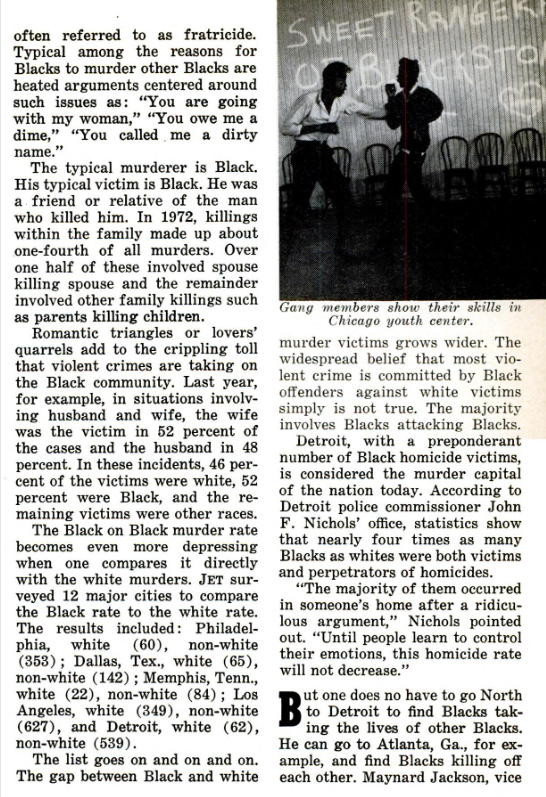Could the myth of a crime-free Rome finally be shattered? A bold statement emerges as Italian authorities dismantle one of the most notorious criminal organizations in recent history. On December 2, the Carabinieri executed a massive operation that resulted in the arrest of 37 individuals and launched investigations against over 100 others. This unprecedented crackdown on organized crime not only challenges the long-held belief of a mob-free Rome but also sheds light on the intricate web of corruption and illegal activities that have plagued the city for decades.
The Banda della Magliana, often referred to as Rome's equivalent of the American mafia, dominated the criminal underworld during the 1970s and 1980s. Known for their involvement in drug trafficking, extortion, and political bribery, this group wielded significant power and influence within the capital. The film Black provides a fictionalized account of their operations, capturing the essence of an era marked by violence and corruption. However, the reality extends far beyond cinematic dramatizations. The arrests signify a turning point in Italy’s fight against organized crime, demonstrating the government's commitment to eradicating such networks once and for all.
| Bio Data | Details |
|---|---|
| Name | Giovanni Rossi (Pseudonym) |
| Date of Birth | January 5, 1960 |
| Place of Birth | Rome, Italy |
| Career | Former Member of Banda della Magliana |
| Professional Information | Involvement in drug trafficking, extortion, and political bribery |
| Reference Website | IRPI - Investigative Reporting Project Italy |
As part of the broader effort to combat organized crime, educational institutions across Italy are incorporating courses that delve into the complexities of these issues. For instance, AMS 235: The Other Side of Rome explores the hidden facets of the city, while PLAW 230: Black Political Thought examines the socio-political dynamics affecting marginalized communities. These academic programs aim to foster a deeper understanding of the societal factors contributing to criminal behavior and equip students with the tools necessary to address them effectively.
Randolph-Macon College offers archaeology majors and minors, providing students with opportunities to study ancient civilizations and their impact on contemporary societies. Similarly, Africana Studies programs focus on themes such as race, social justice, and diaspora, encouraging critical discourse around systemic inequalities. At the University of Chicago, Political Science courses analyze historical contexts like princes, peoples, and elites, offering insights into governance structures and their evolution over time.
A closer examination of Dennis M. Rome's curriculum vitae reveals his extensive experience advising on search and screen procedures for major academic appointments. His work highlights the intersection between minorities, media, and crime, emphasizing how mass media perpetuates stereotypes about African Americans. Such research underscores the importance of addressing misrepresentations in public discourse and promoting accurate portrayals of diverse groups.
Historically, black codes were enacted to restrict the freedoms of African Americans following the abolition of slavery. These laws aimed to maintain a cheap labor force by imposing severe limitations on economic mobility and civic participation. Although ostensibly repealed, their legacy persists through modern-day Jim Crow laws, which continue to disenfranchise minority populations. Understanding this historical continuum is crucial for dismantling institutional barriers and fostering equitable societies.
The civil rights movement in the American South stands as a testament to collective resistance against systemic oppression. Black Georgians played pivotal roles in advancing this struggle, advocating for full civil rights and racial equality both locally and nationally. From urban centers like Atlanta to rural counties in Georgia's Cotton Belt, activists mobilized communities to challenge discriminatory practices and demand justice. Their efforts laid the groundwork for transformative changes that resonate today.
Returning to the present, the significance of the recent bust cannot be overstated. It represents more than just a victory against organized crime; it symbolizes progress towards transparency and accountability. As investigations expand and additional suspects come under scrutiny, authorities hope to dismantle the entire network responsible for undermining Rome's integrity. Public awareness campaigns complement these legal actions, educating citizens about the dangers posed by organized crime and encouraging cooperation with law enforcement agencies.
Moreover, international collaborations strengthen global efforts to combat transnational criminal organizations. Sharing intelligence and resources enables countries to target sophisticated operations that transcend borders. In this interconnected world, no nation can afford to ignore threats emanating from abroad or tolerate internal corruption compromising national security.
Educational institutions bear responsibility for nurturing informed citizens capable of critically evaluating societal challenges. By integrating relevant coursework into curricula, they empower students to engage meaningfully with pressing issues. Whether studying archaeology, political science, or Africana studies, learners develop valuable skills applicable across disciplines. Such interdisciplinary approaches promote holistic thinking essential for solving complex problems.
In conclusion, the dismantling of Rome's infamous criminal organization marks a watershed moment in Italy's ongoing battle against organized crime. Concurrently, academic initiatives strive to illuminate underlying causes and propose viable solutions. Together, these endeavors contribute to building safer, more inclusive communities where all individuals enjoy equal opportunities and protections under the law.



